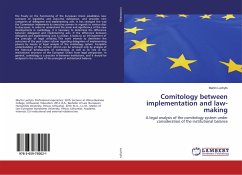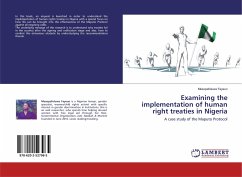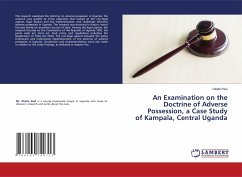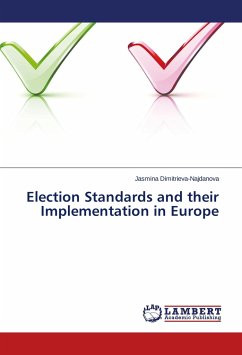The Treaty on the Functioning of the European Union establishes new concepts of legislative and executive delegation, and provides new categories of delegated and implementing acts. It has changed the way the Commission implements its executive powers in regards to various day-to-day issues. In order to understand the sense and significance of the new developments in comitology, it is necessary to determine the difference between delegated and implementing acts. If the difference between delegated and implementing acts is unclear, it leads to an infringement of the principle of legal certainty. This work intends to determine the outcomes of the post-Lisbon reform regarding delegation of implementing powers by means of legal analysis of the comitology system. Complete understanding of the current reform can be achieved only by analysis of the historical development of comitology, as well as its role in the institutional structure of the European Union from legal perspective. In general, comitology is a practice in-between institutions, and it should be analyzed in the context of the principle of institutional balance.








